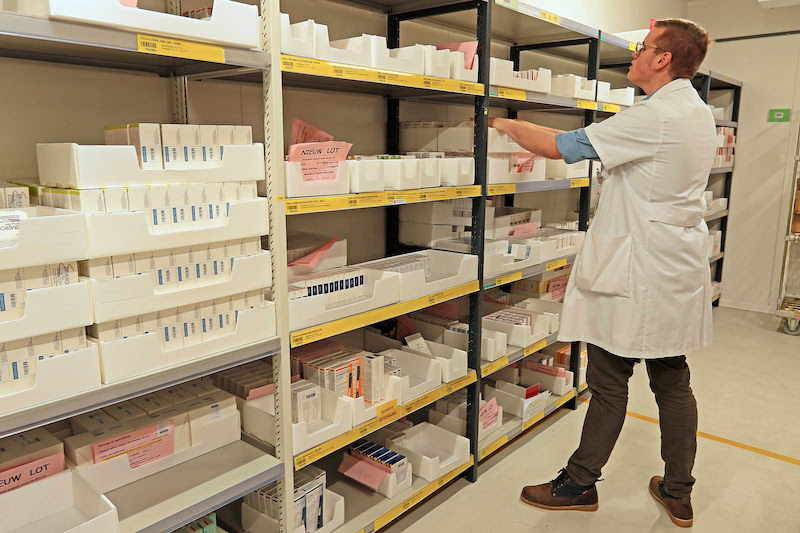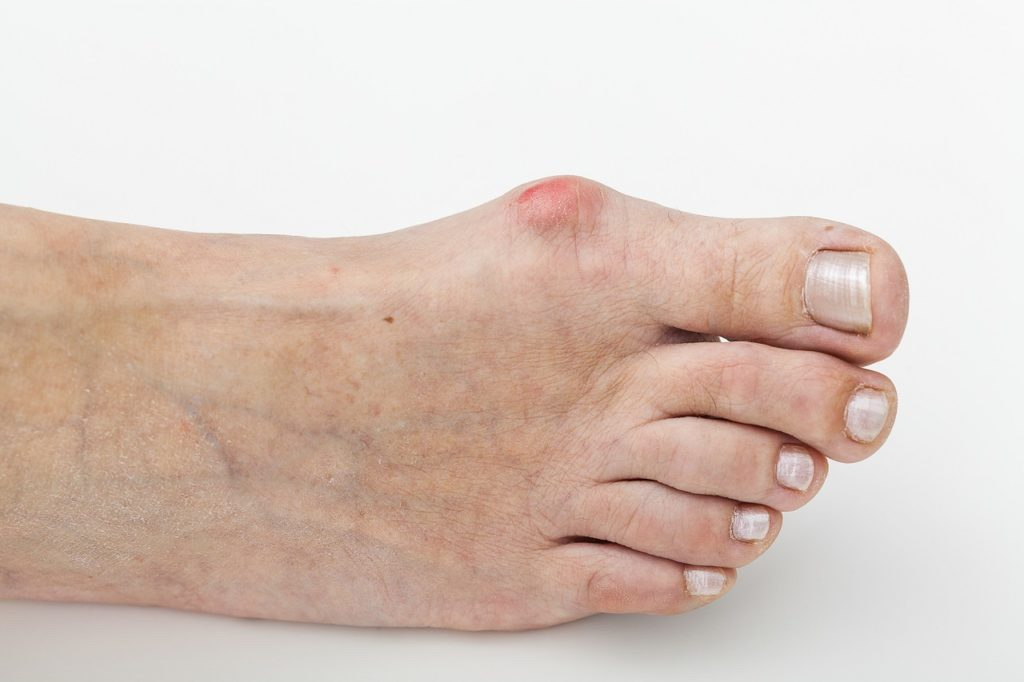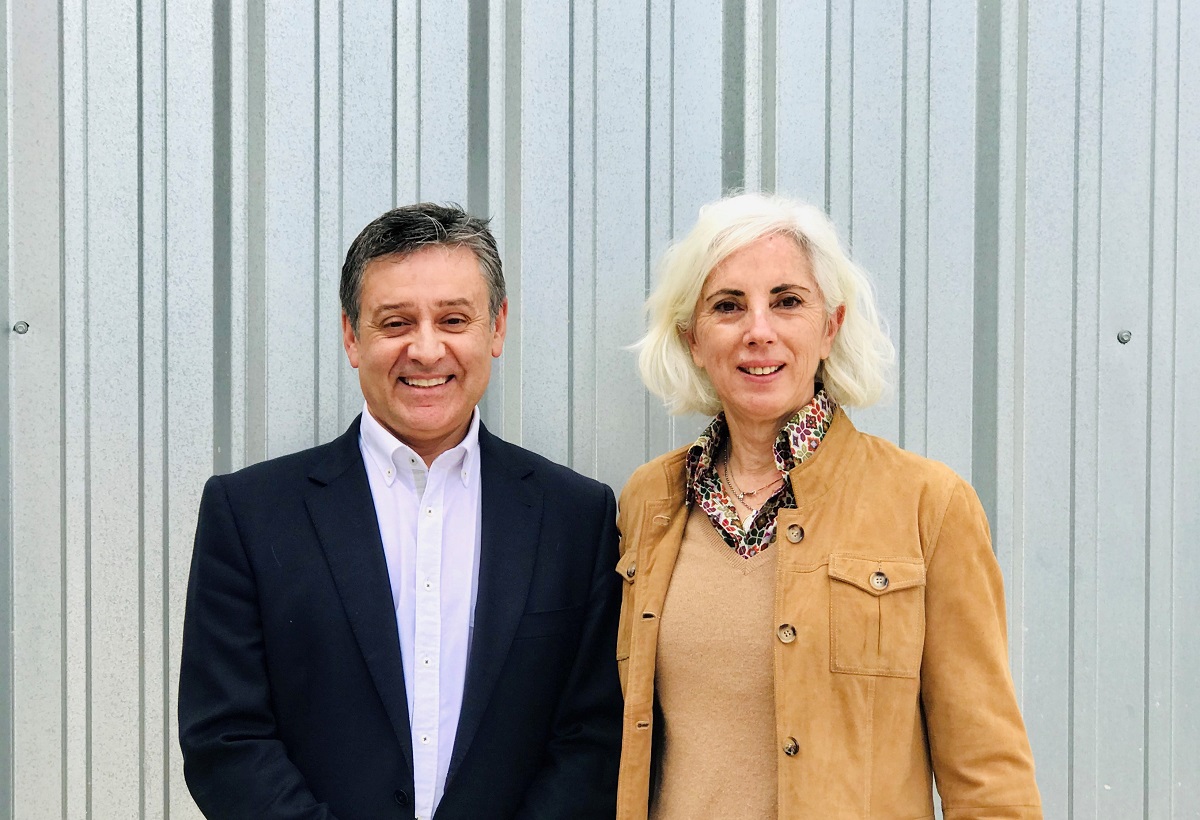
Hospitals pharmacists call for European action to combat medicines shortages
Brussels, 20 June 2019. The 35 member organisations of the European Association of Hospital Pharmacists (EAHP) adopted a new position paper on medicines shortages at their 49th General Assembly held last weekend in Edinburgh, United Kingdom. The topic of medicines shortages has occupied the members of EAHP for quite some time due to its growing impact on patient care and the work of hospital pharmacists.
EAHP’s member organisations adopt a new position paper on medicines shortages addressing supply chain actors, national governments and European institutions.

Mid adult male pharmacist counting stock while holding tablet computer at pharmacy
To significantly lower the negative impact that lack of medicines have on the well-being of patients, EAHP’s members agreed on the complete revision of its previous position paper which had been in force since 2012.
In particular, European hospital pharmacists are underlining the need for concrete European action since the problems caused by medicines shortages cannot be handled solely at national level.
This has also been acknowledged by a joint task force of the Heads of Medicines Agencies (HMA) and the European Medicines Agency (EMA) as well as in recent EU publications, such as for instance the European Commission’s policy recommendations on the future of the Union issued ahead of the Sibiu summit and the Council Recommendation on strengthened cooperation against vaccine-preventable diseases, which recognised the issues caused by vaccine shortages.
Hospital pharmacists demand closer collaboration of healthcare professionals, wholesalers, manufactures and national competent authorities to jointly minimise the impact that medicines shortages have on patients.
For EAHP it is time to act now. European hospital pharmacists are consequently
- advising national governments to evaluate if their shortages measures and management systems are fit for purpose and to rectify shortcomings where and when needed
- urging national governments and healthcare organisations to evoke appropriate staffing levels in order to lower the impact that medicines shortages currently have on the overall patient services provided by hospital pharmacists
- calling on the European Commission to urgently commence an investigation of the medicines shortage problem looking at the causing factors and propose solutions that will help alleviate or solve shortages
- appealing for improved information exchange between authorities and supply chain actors as well as best practice sharing and implementation support on shortage management strategies between relevant national regulatory bodies to support patient safety
- urging the EMA and the HMA to consider the development of a comprehensive communication strategy on medicines shortages




